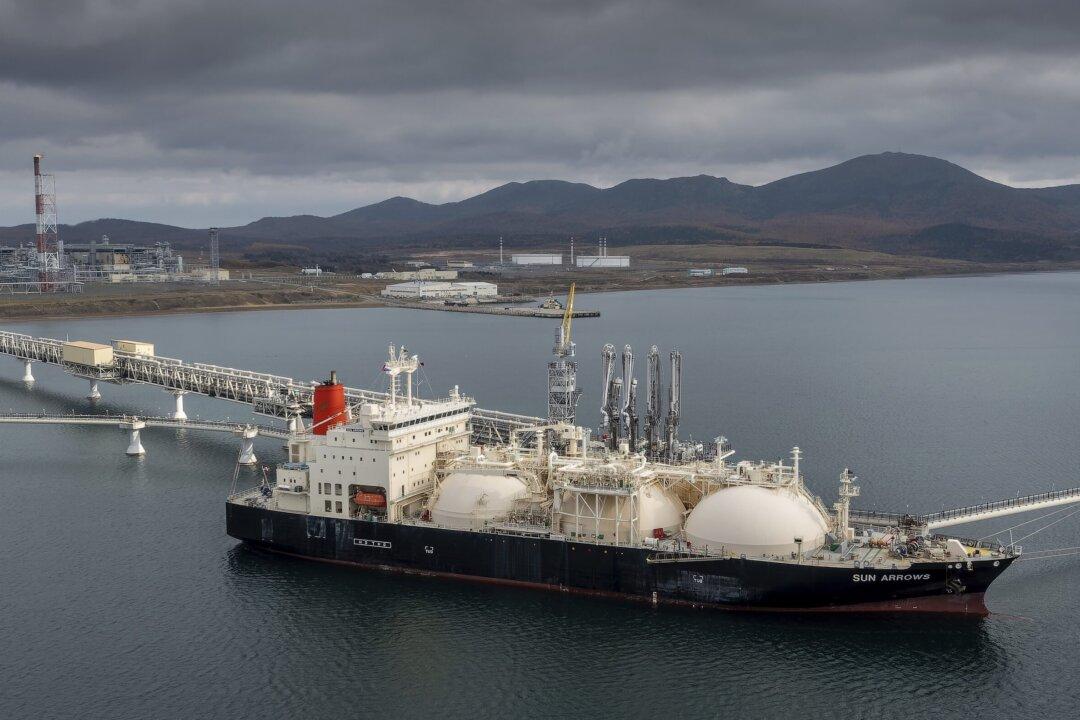Russia’s natural gas production is projected to reach a record high in 2022, according to a new report by the International Energy Agency.
The agency’s most recent quarterly report forecasted that Russia would produce 763 billion cubic meters of gas in 2022, constituting the country’s highest annual gas production in thirty years.





